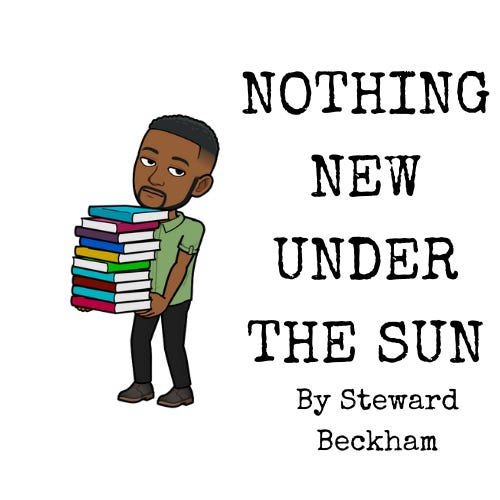The Disneyfication of Civic Imagination (The Mouse That Roared #1)
Why America Has an Imagination Problem

A line in Henry Giroux’s The Mouse That Roared has stayed with me:
"Pixie-dust magic may appeal to the world of fantasy, but it offers no language for defining vital social institutions as a public good…"1
It’s the kind of sentence that sits heavy once you realize he’s not just talking about Disney. He’s talking about the national imagination. And in 2025, we’re witnessing a crack-up not just of political norms but of the very myths we’ve used to understand ourselves as a people.
Disney has long been the most effective exporter of the American fantasy, bright, sanitized, and aggressively innocent. Giroux, to his credit, doesn’t scold fans for indulging in it. He understands its pull. He admits that even critics can feel the guilty pleasure of Main Street, USA, or the comfort of a well-worn princess arc. But he insists we go deeper. Because Disney, he argues, doesn’t just reflect culture—it manufactures and overpowers it.2
It teaches.
It disciplines.
And it tells generations of children, and now adults, what is worthy of love, safety, and nostalgia.
Giroux's central warning is about imagination itself: how it’s shaped, sold, and ultimately subdued. Disney’s power isn’t merely in its content, but in its ability to colonize the idea of dreaming. It rebrands escape as freedom, consumption as empowerment, and spectacle as civic meaning. It turns the boredom, brutality, and ambiguity of modern life into something livable3 by insisting that innocence is not only possible, but correct.4 But in doing so, it replaces hard questions with curated enchantment. Democracy becomes something to experience, not something to participate in.5
I’ve been thinking about all this while watching a very different cultural reckoning unfold in real time.
Let’s call it the centrist pundit panic.
As the post-2024 election cycle rages on, I’ve noticed a deepening divide among our centrist political commentators, not between left and right, but between those who have accepted the postmodern fracture in the American psyche and those who still believe in the myth of voter innocence.
Some are finally joining what I’d call the “JVL camp, a realism so raw it feels post-Disney. Jonathan V. Last (JVL) is a writer and editor at The Bulwark who has been unafraid to examine American history and culture without the gauze of exceptionalism. Instead, he sees the U.S. as one hegemon among many in the sweep of global history—subject to the same cycles of decadence, self-indulgence, and, in our current era, a kind of reality-TV-branded seriousness. What JVL is grappling with isn’t a crisis of presentation; it’s a collapse of conscience. The problem isn’t that Americans are distracted. It’s that more of them than we’d like to admit are deciding, with full knowledge, to look away.
You can read JVL’s latest piece on whether voters deserve to be infantilized or if that’s a defense mechanism for the commentariat here:
Keep reading with a 7-day free trial
Subscribe to Nothing New Under the Sun to keep reading this post and get 7 days of free access to the full post archives.







